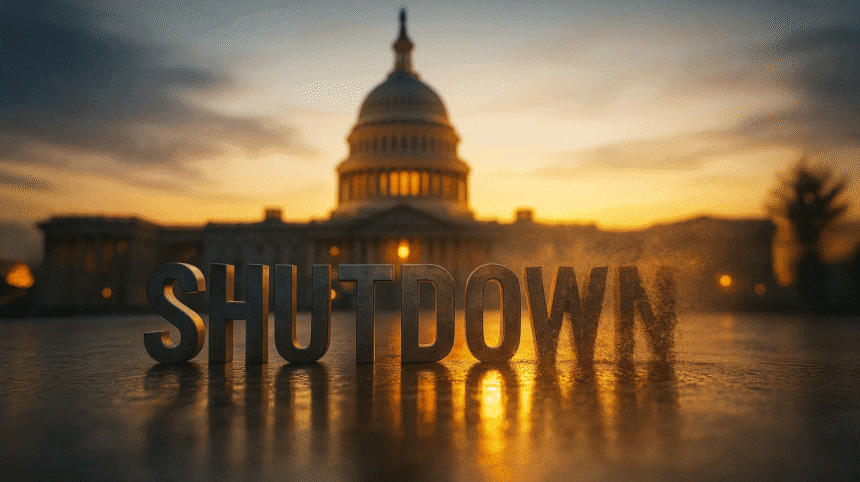The U.S. Senate has passed a crucial funding bill in a late-night vote, paving the way for an end to the longest government shutdown in American history. The measure, approved by a 60–40 vote on Monday, now heads to the House of Representatives before reaching President Donald Trump’s desk for final approval.
The bipartisan deal achieved after a tense weekend of negotiations funds the government through January 30, offering temporary relief to 1.4 million federal workers who have gone without pay since the shutdown began in early October.
Trump signaled his support earlier in the day, saying he would “very likely” sign the bill once it clears the House. “We’ll be opening up our country very quickly,” he told reporters from the Oval Office.
Bipartisan Support, With Defections on Both Sides
The vote saw seven Democratic senators break from party ranks to side with Republicans, including John Fetterman, Catherine Cortez Masto, Tim Kaine, and Maggie Hassan. Maine’s independent senator, Angus King, also voted in favor of reopening the government.
Only one Republican, Senator Rand Paul of Kentucky, opposed the bill, joining the majority of Democrats who demanded stronger guarantees on healthcare subsidies.
Republicans hold a narrow 53-47 majority in the Senate and needed at least 60 votes to pass the measure. When the tally was read aloud, applause broke out in the mostly empty chamber.
What’s in the Deal
The temporary funding bill restores full-year funding for the Department of Agriculture, the military construction budget, and legislative agencies. It guarantees back pay for federal employees and extends food assistance through the Supplemental Nutrition Assistance Program (SNAP) until September next year.
Democrats also secured a promise of a December vote on renewing healthcare subsidies, which had been set to expire. While this concession stopped short of their original demands, it was enough to draw key Democratic votes needed for passage.
Economic and Public Impact
The shutdown has crippled key services, from airport operations to food assistance programs. More than 2,400 flights were canceled and 9,000 delayed nationwide on Monday alone, according to FlightAware, as air traffic control staff shortages worsened.
Senator Susan Collins, one of the architects of the deal, called the vote “a necessary step toward stability.” She added, “We can now reopen government and pay those who kept the country running without a paycheck.”
The House will begin debate on the bill Wednesday. If passed, it could officially end the 43-day shutdown before the week’s end.













